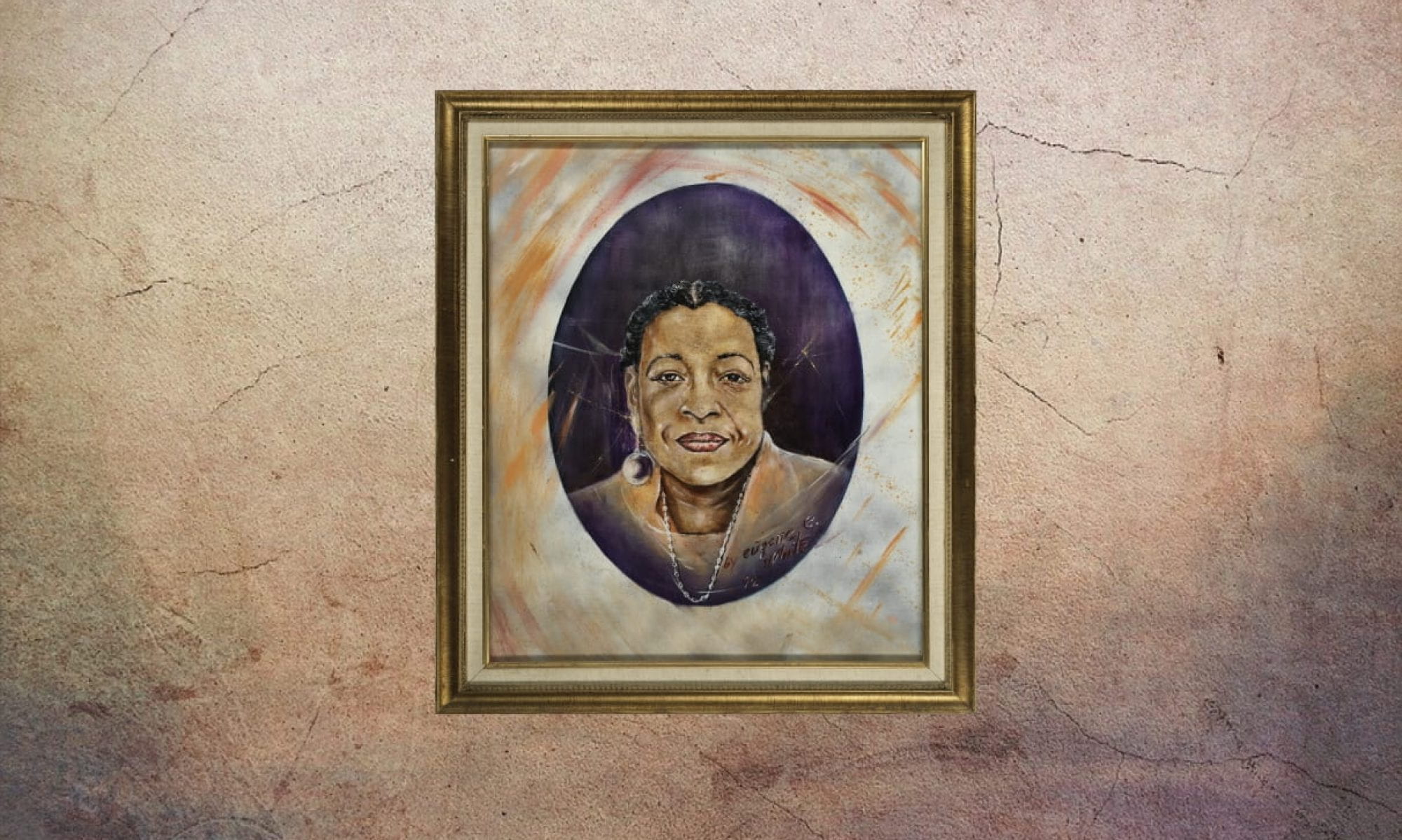
Pastor J. Edgar Boyd has committed his life to serving two purposes: his community and God. Pastor Boyd was born on December 7, 1947, in the state of Florida. His parents, H. Waymon and Alice M. Swails Boyd, had eight children, including Edgar. Growing up, his family and friends called him Jerry. The name stuck enough for him to add the initial ‘J’ to his name in recognition of his upbringing.
Before dedicating himself to a life of spiritual devotion, J. Edgar enlisted in the US Army during the Vietnam War. He was honorably discharged in 1970 following his dedicated service to the country. Upon his return from Vietnam, Boyd decided to commit himself to his faith. Starting in 1971, Boyd began working within his local ministry. He found his niche as he preached within the network of African Methodist Episcopal churches (AME). His first pastoral assignment was at St. John’s AME Church in Pueblo, Colorado. He would inspire his congregation in Pueblo for two years, before venturing to Casper, Wyoming, where he led the Grace AME Church as pastor.
Boyd’s curiosity became a driving force in the development of his faith, eventually becoming interested in the intersection between faith and community. He moved from Casper to Seattle in the Pacific Northwest. While working at Walker Chapel AME Church, he enrolled at Western Washington University in Bellingham, Washington, where he graduated with a degree in Community Development 1979. He would go on to earn his Masters in Divinity degree from the University of Dubuque Theological Seminary.
Pastor Boyd made the move to California in 1982 where he was appointed the pastor of Brookins AME Church in Oakland. His sermons roused members of the congregation both young and old. His talents as an orator and organizer were among his strongest assets. These talents didn’t go unnoticed as they caught the attention of the Bethel AME Church in Los Angeles. He took his talents to Los Angeles, becoming pastor in 1986.
He moved to Los Angeles during an era of racial tensions and emotional volatility, exemplified by the shooting of Latasha Harlins in 1991. Rev. Boyd, along with the President of Brotherhood Crusade, Danny Bakewell, held a town-hall meeting immediately following the shooting. Pastor Boyd advocated for social change through the election of more black political leaders, and the continued development of economic opportunities for black communities.
Pastor Boyd was involved in similar organizational efforts after the beating of Rodney King by LA police officers. When interviewed by the Los Angeles Times following the Watts riots, Boyd criticized the lack of resources being devoted to black communities in Los Angeles. In the interview the good pastor stated “economic deprivations in some neighborhoods was just a powder keg ready to blow.”
Following the turmoil of 1992 in Los Angeles, Pastor Boyd moved back to the Bay Area where he began preaching at the historic Bethel AME Church in San Francisco. Pastor Boyd quickly became a valued member of the community, combining his prolific sermons with focused fundraising efforts and community development initiatives.
When Pastor Boyd first started working at Bethel AME San Francisco, he started fundraising with specific projects in mind, particularly increasing digital literacy among seniors, the Bethel Community Technology Center. By the end of his tenure in 2012, Pastor Boyd increased the assets from $12 million to $85 million.
Pastor Boyd will be remembered most for his successful efforts to build units of affordable housing in the Western Addition. Starting in 2001, Boyd along with other notable members of the San Francisco black community began working on the newly incorporated Tabernacle Community Development Corporation (TCDC). The stated mission of the TCDC was “to stimulate growth in the community by developing and participating in the development of residential, commercial and industrial projects that contribute to the economic stimulation and vitality within underserved communities.”
The TCDC had strong support from then Mayor Willie Brown, who appointed Boyd to the San Francisco Housing Authority as an attempt to streamline new housing development. Their efforts resulted in the construction of 250 units of affordable housing.
In 2012, Pastor Boyd decided to move back down to Los Angeles to serve as the senior pastor for the First African Methodist Episcopal Church. While in Los Angeles, the Pastor has become an outspoken critic of President Donald Trump. He continues to fight against injustice and advocate for community development. He is happily married to Oakland native Florence Miles-Boyd.
— Matthew Chiodo, Jesse Cortes, and Ethan Tan
Works Cited
“Pastor J. Edgar Boyd Biography.” First AME Church of Los Angeles. 2018.
“First AME church shows appreciation to Rev. and Mrs. ‘J’ Edgar Boyd.” Our Weekly Los Angeles. 27 Nov 2014.
Katz, Jesse and Stephanie Chavez. “Blacks Seek to Channel Anger Over Sentence” Los Angeles Times. 17 Nov 1991.
Wildermuth, John. “Black congregations walk to City Hall to vote.” SFGate. 3 Nov 2008.
McCray, James, “Tabernacle Statement of Introduction.” Faith Institutions Fostering Economic Stability.
Ford, Andrea and Lisa R. Omphroy.“Churches Offer Sanctuary From Strife-Torn City.” Los Angeles Times. 3 May 1992.
Ford, Dave. “Helping home buyers get a foot in the door/ Minister, developer team to build affordable housing on church lot.” SFGate. 9 May 2003.
“Pastor J. Edgar Boyd, Senior Minister” First African Methodist Episcopal Church. 2018.
